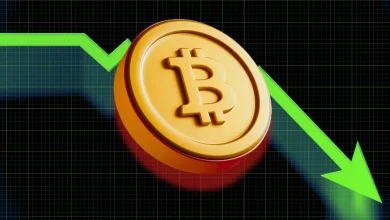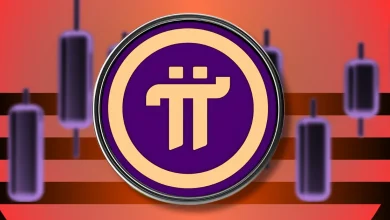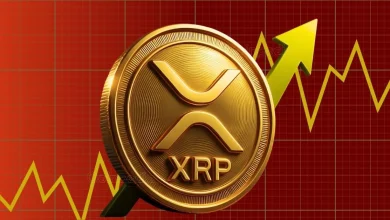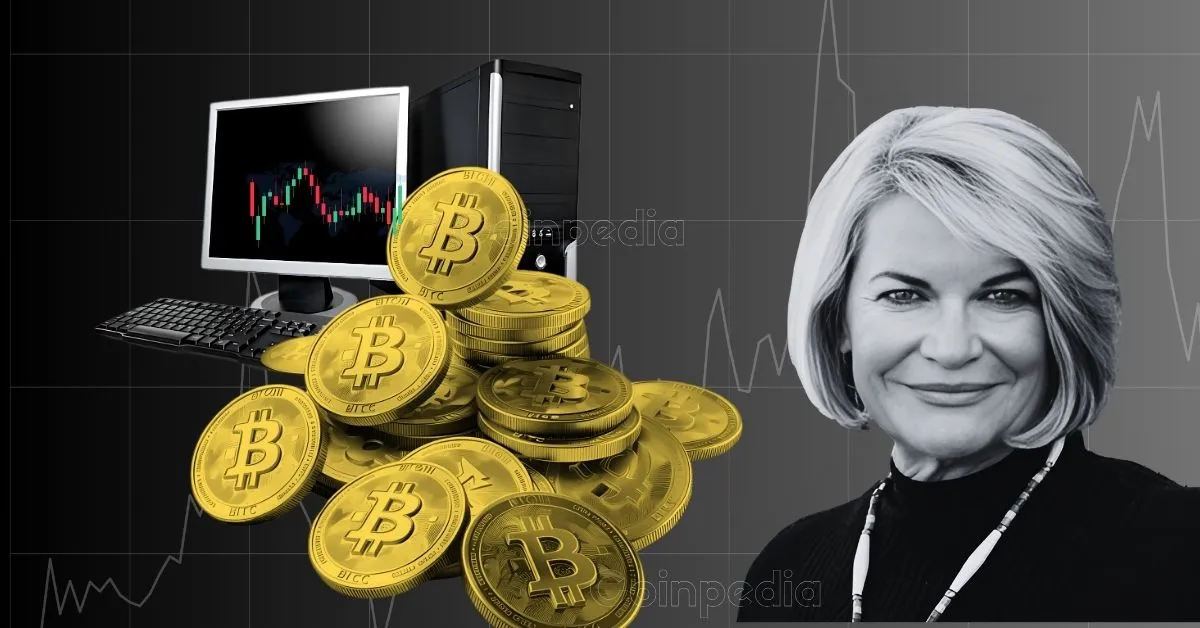
Senator Cynthia Lummis wants the U.S. to create a national Bitcoin reserve, hoping it could boost the economy.
Unlike gold, Bitcoin’s volatility poses a challenge; while Lummis proposes a $200 billion Bitcoin reserve, its price swings make it less predictable.
Implementing a Bitcoin reserve would require both executive action and congressional support, and may face resistance.
U.S. Senator Cynthia Lummis, famously called the “Crypto Queen,” has a big plan in mind: she wants the U.S. to build a Bitcoin reserve. Lummis believes this bold move could boost America’s economy by treating Bitcoin as a new kind of financial asset. But is Bitcoin really stable enough for that? Let’s dig into her proposal and see what challenges it might face.
From Gold to Bitcoin: A Risky Shift?
For years, the U.S. has leaned on its massive gold reserves to support the dollar’s value. Holding over 8,000 tons, the U.S. has one of the largest gold reserves globally. Gold is stable and easy to trade, making it a reliable foundation for the dollar. But Bitcoin operates differently: its price can rise or fall sharply in a single day, making it much more volatile. Lummis envisions a $200 billion Bitcoin reserve, which is still a small fraction of the value of the U.S. gold reserve.
So, the big question is: can Bitcoin ever offer the same stability as gold?
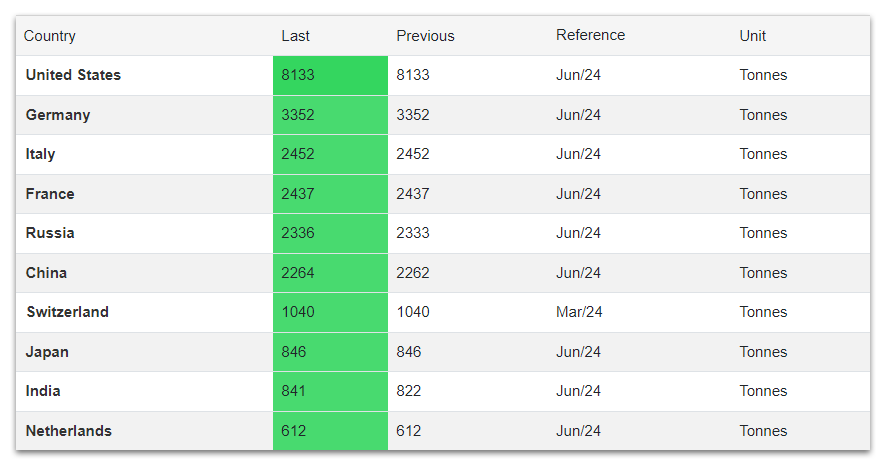
How Would the U.S. Start Buying Bitcoin?
If the idea moves forward, the new administration, possibly led by figures like Trump and J.D. Vance, could kick off this plan using an executive order. This order could allow the government to buy some Bitcoin without needing the lengthy approval process typically required for currency reserves. This approach would be similar to how the government handles its emergency oil reserve, which it tapped in 2022 to control gas prices. By labeling Bitcoin a “strategic asset,” the government could avoid some obstacles and quickly add it to the reserve.
However, for a long-term Bitcoin reserve, Congress would likely need to approve ongoing funding—an effort that could face pushback, especially from lawmakers who are wary of cryptocurrencies.
The U.S. government already holds 208,109 BTC, valued at approximately $15.66 billion, as well as other major cryptocurrencies seized in various legal cases. This existing stash of Bitcoin gives the U.S. a unique starting point in the crypto space.
Can Bitcoin Win Over Congress?
Senator Lummis’s proposal is ambitious, but it faces serious hurdles. Many in Congress still view Bitcoin as too volatile and risky for a national reserve. With inflation being a major concern, the government might hesitate to use Bitcoin as a backup asset. Right now, the idea of a national Bitcoin reserve might prompt some interesting debates, but it’s unlikely to bring about big changes right away.
Still, this concept is worth keeping an eye on.

